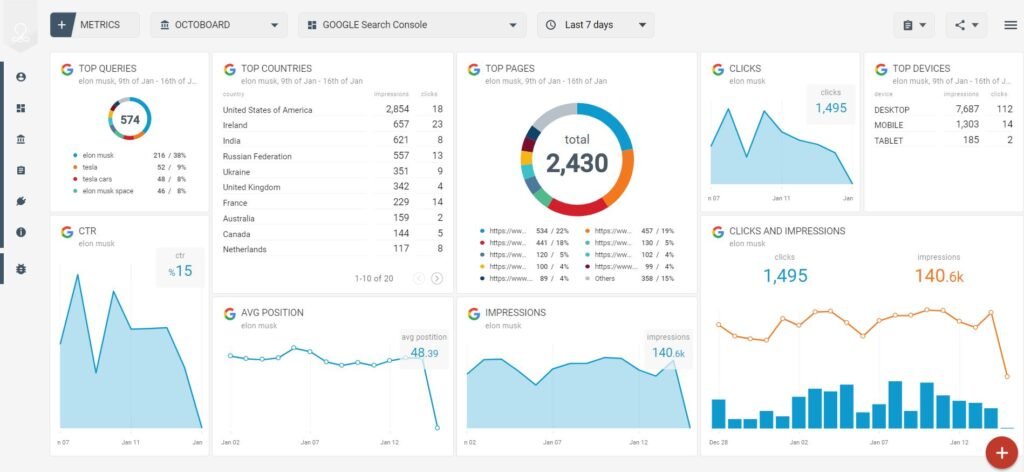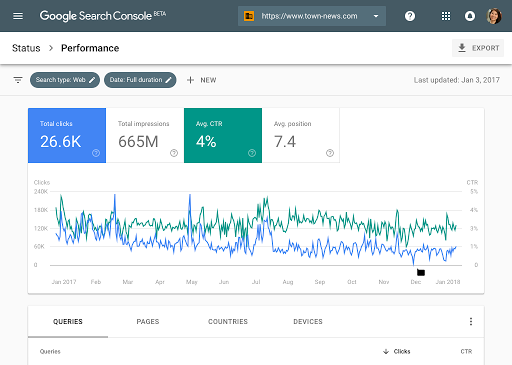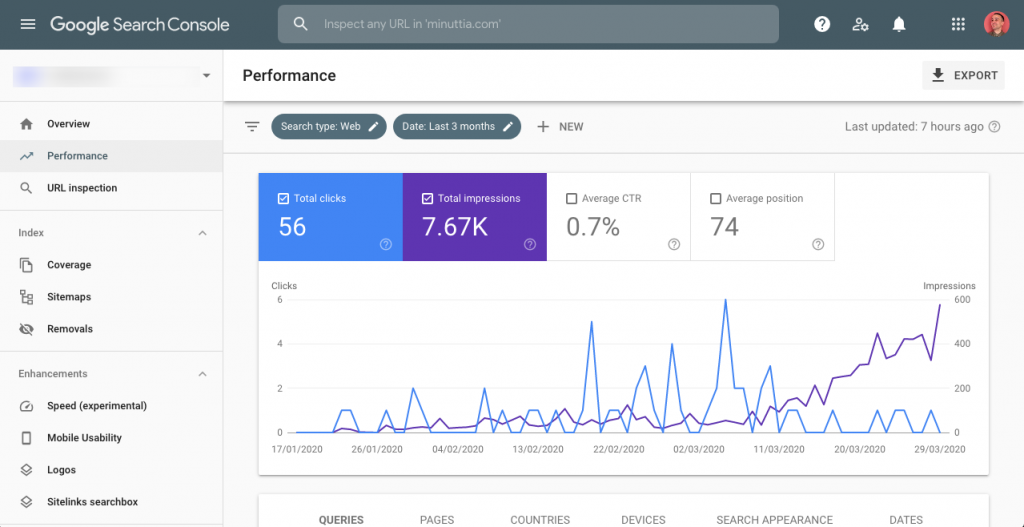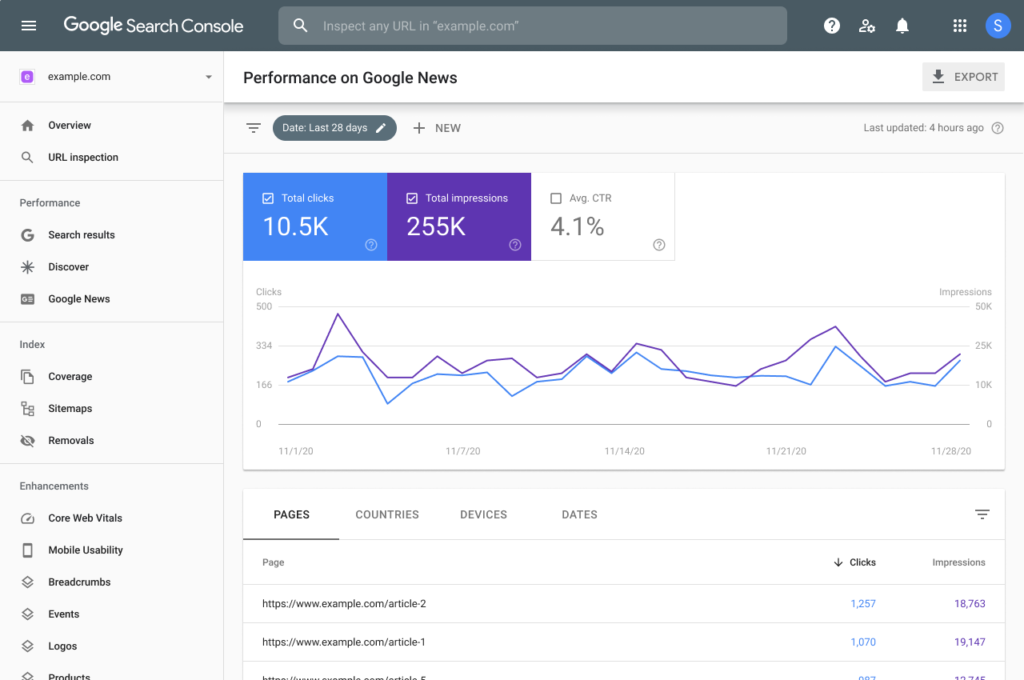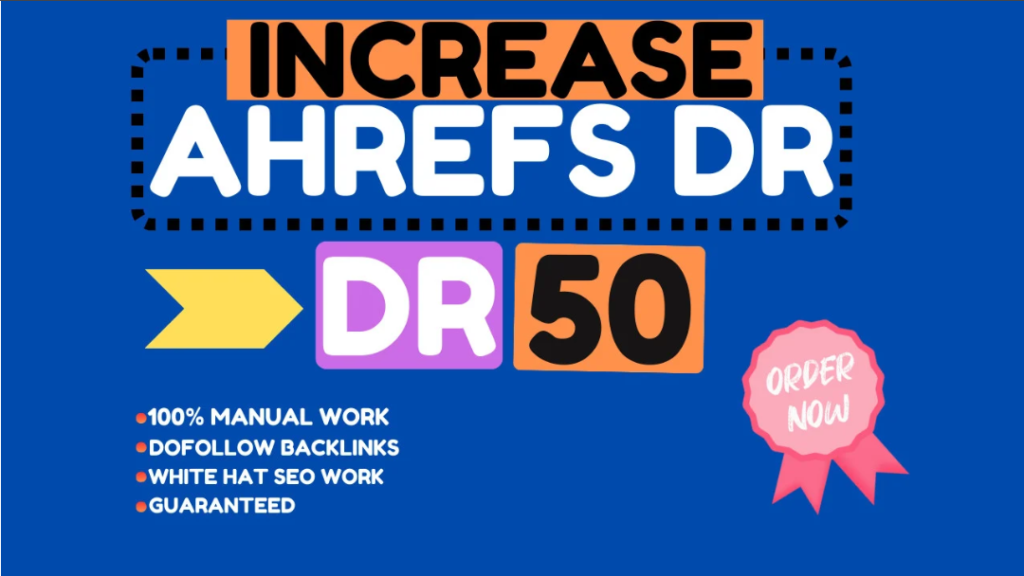In the digital age, where privacy and freedom of expression often clash, few websites highlight this tension as vividly as fappening. blog. This controversial platform, associated with the publication of explicit and often non-consensual celebrity photos, has sparked intense debate surrounding internet censorship, online ethics, and digital accountability.
The Origins of Fappening. blog
Fappening. blog takes its name from the infamous 2014 iCloud photo leak scandal, often dubbed “The Fappening,” which involved the release of private images of high-profile celebrities. The term became synonymous with one of the most significant breaches of digital privacy in history. In the years that followed, websites like fappening. blog emerged to archive, repost, and redistribute such content, often under the guise of “free information” or “celebrity gossip.”
While some claim that platforms like Fappening. blog serves a public demand, others argue that they perpetuate a form of digital exploitation. This moral conflict has positioned the site at the heart of broader conversations about internet freedom and the boundaries of censorship.
Online Censorship vs. Freedom of Expression
One of the biggest debates fueled by the fappening. blog centers on online censorship. On one side, advocates for a free internet argue that any attempt to regulate content—even if offensive—opens the door to government overreach and suppression of speech. They believe the internet should remain a largely unfiltered space, allowing users to access all forms of information, however controversial.
On the other side, digital rights activists and privacy advocates argue that platforms like Fappening. blog should not be protected under free speech. They emphasize the harm done to individuals—often women—whose private images are shared without consent, violating their dignity and sometimes causing long-term psychological and professional consequences.
Legal Pressure and Takedown Efforts
Due to mounting public pressure and lawsuits filed by affected individuals, some hosting services, search engines, and social media platforms have taken action to remove links or restrict access to fappening. blog and similar sites. However, the site often resurfaces under mirror domains or offshore hosting providers, making it difficult to fully eradicate.
This cat-and-mouse game reveals the challenges of enforcing online censorship across borders. While some countries have strict privacy laws, others offer digital safe havens for controversial or harmful websites, enabling sites like fappening. blog to continue operating despite legal challenges.
Tech Giants and the Role of Platforms
Companies like Google, Reddit, and Twitter have also been pulled into the conversation. In response to criticism, many platforms have adjusted their content policies to limit the spread of revenge porn or hacked content. However, critics argue that these measures are often reactive rather than preventative. Fappening. blog has benefited from this delay in regulation, using loopholes to stay visible in search results or online forums before being flagged.
The broader issue lies in how tech companies balance their role as neutral platforms versus active gatekeepers. Should they be responsible for every piece of content uploaded and shared? Or does that responsibility lie with users alone?
Ethical Implications in the Digital Age
Beyond the legal and technical debates, fappening. blog forces society to confront deeper ethical questions. What responsibility do consumers have when they view or share leaked content? Is curiosity a valid excuse for violating someone’s privacy?
As we become more digitally connected, the lines between public and private are increasingly blurred. Fappening. blog exemplifies this new reality, where personal boundaries can be crossed with a few clicks, and where moral outrage can exist alongside viral fascination.
The Path Forward: Striking a Balance
To address the challenges posed by fappening. blog and similar sites, a multi-faceted approach is necessary. Governments must update privacy laws to reflect the realities of the digital age. Tech companies must enforce stricter policies against non-consensual content. Internet users must become more aware of their own digital footprint and ethical choices.
The battle over online censorship will likely continue for years, but the example of fappening. blog proves that inaction is no longer an option. Balancing the right to information with the right to privacy is not easy, but it’s essential if we hope to build a safer, more respectful internet.



